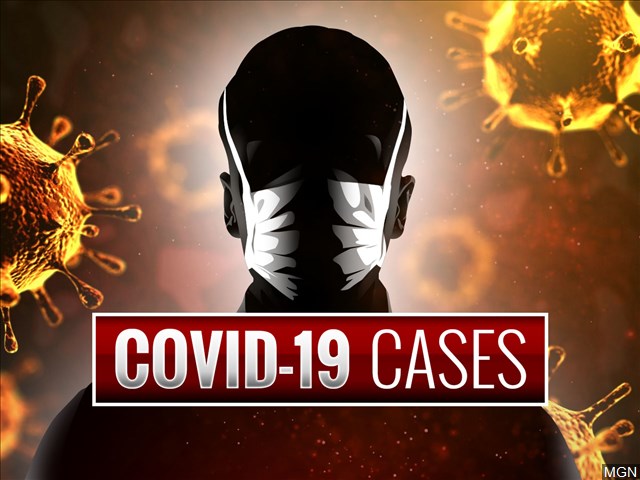The Virginia Department of Health today is reporting 155 new deaths across the Commonwealth, which marks the...
Across Virginia
RICHMOND, Va. (AP) — Virginia lawmakers have passed bills that allow certain first responders to file workers’...
CAPE CANAVERAL, Fla. (AP) — A space station supply ship named after the Black NASA mathematician featured...
FALLS CHURCH, Va. (AP) — A federal judge has rejected an appeal from a former University of...
GLOUCESTER, Va. (AP) — A school board in Virginia is asking the U.S. Supreme Court to review...
RICHMOND, Va. (AP) — The Virginia Senate killed a House proposal to expand access to the commonwealth’s...
According to the latest numbers released this morning by the Virginia Department of Health there are 213...
After reporting 148 new probable or confirmed coronavirus cases in Roanoke City yesterday, state health officials today...
After back-to-back days of attributing less than 100 new coronavirus cases to the Roanoke Valley, this morning...
For the second time this week state health officials are reporting less than 100 new coronavirus cases...
Once again state health officials are reporting less than 100 new coronavirus cases in the Roanoke Valley.According...
For the third consecutive day state health officials are reporting less than 100 new coronavirus cases in...
According to the latest numbers released this morning by the Virginia Department of Health there are 72...
According to the latest numbers released this morning by the Virginia Department of Health there are 81...
PRESS RELEASE FROM VDH :(Richmond, Va.) — Virginia is making it even easier for people to be...



